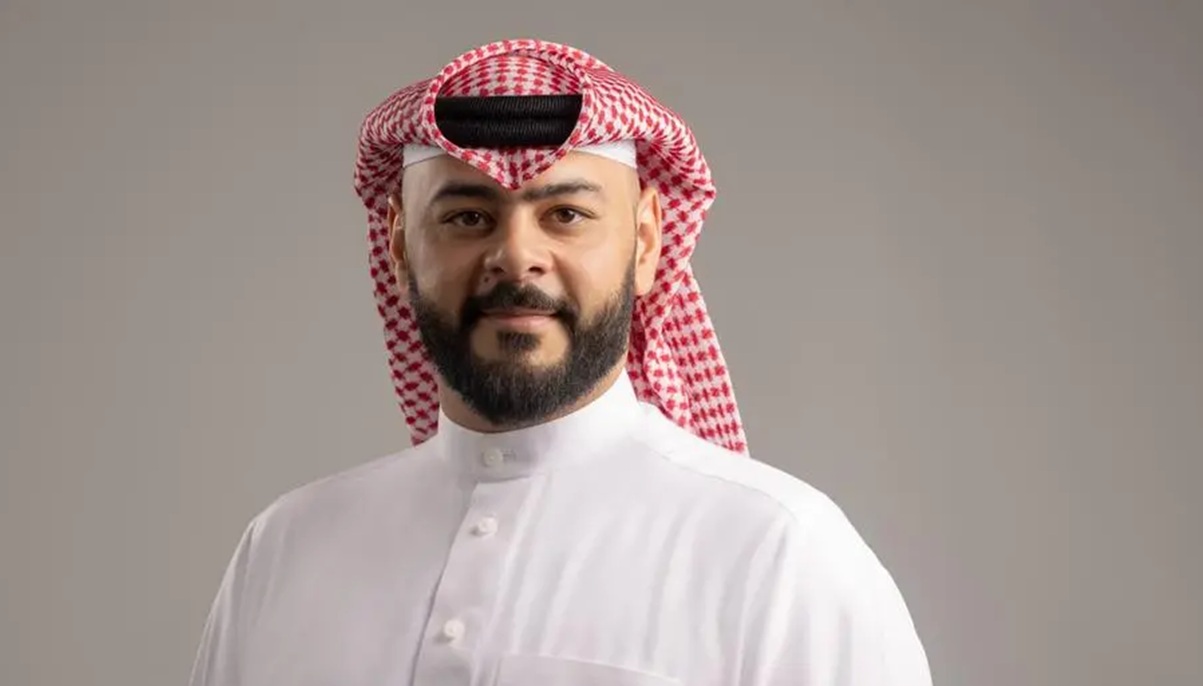Integrating artificial intelligence (AI) into cybersecurity is transforming both the defensive and offensive sides of digital security and will be a major topic of discussion when cybersecurity experts convene at the Intersec 2025 Security Leaders’ Summit from 14-16 January 2025 to share insights into how the Middle East’s cybersecurity strategies are evolving in real-time, balancing AI’s potential with the growing sophistication of AI-driven cyberattacks.
According to Cisco’s 2024 Cybersecurity Readiness Index, AI is playing an increasingly crucial role in the cybersecurity landscape in Bahrain, the UAE, and the wider Middle East. It has become one of the five pillars of cybersecurity readiness that are most relevant to securing today’s organisations. The report revealed that 91% of UAE companies use AI technologies to address today’s rapidly evolving threat landscape in their cybersecurity strategies.
Speaking ahead of the Summit, Fawaz Alsumaim, Head of the Anti-Internet and Information Systems Crime Division, Ministry of Interior Bahrain, said: “AI is rapidly transforming the landscape of cyber warfare, altering how nations and organisations defend themselves and how adversaries conduct attacks. Future conflicts may involve AI-driven autonomous systems capable of launching and defending against cyber-attacks with minimal human intervention. This could lead to faster, more dynamic, and potentially more destructive engagements in cyberspace.”
Alsumaim explained that nations are increasingly using AI-driven cybersecurity solutions to protect their significant critical infrastructure, including preventing national disruption, maintaining operational security, safeguarding supply chains, resisting hybrid warfare, protecting civilian populations, and ensuring economic resilience.
Meanwhile, no single nation can tackle these sophisticated threats alone, and cross-border cooperation enables the sharing of knowledge, intelligence, and best practices. Countries like Bahrain and the UAE are both beneficiaries and vital contributors to such collaboration.
“Bahrain has developed a strong legal and regulatory framework for digital security, while the UAE leads in AI adoption and cybersecurity with its National Cybersecurity Strategy and smart city investments. Their strategic locations and advanced digital infrastructures make them key contributors to global cyber defence,” Alsumaim added.
The 26th edition of Intersec, the world’s leading trade fair for safety, security, and fire protection, will take place at Dubai World Trade Centre (DWTC). While cybersecurity will be a focus at the Security Leader’s Summit, the three-day conference will also cover sessions on next-gen integrated security, balancing innovation, privacy and risk, and strategies for global collaboration.
Grant Tuchten, Portfolio Director at Messe Frankfurt Middle East, said: “At Intersec 2025, summit attendees will be offered key insights into how AI is reshaping the cyber threat landscape in the Middle East, providing organisations with practical steps to mitigate risks and enhance their resilience. This session will emphasise the importance of staying ahead of these new threats through AI-powered defence mechanisms.”
The UAE Cyber Security Council is a supporting partner of Intersec 2025. The exhibition will spotlight cybersecurity, emphasising the in{cyber} section. The event will also feature a dedicated startup zone and Innovation Stage at in{cyber}, showcasing cutting-edge solutions and advancements.











